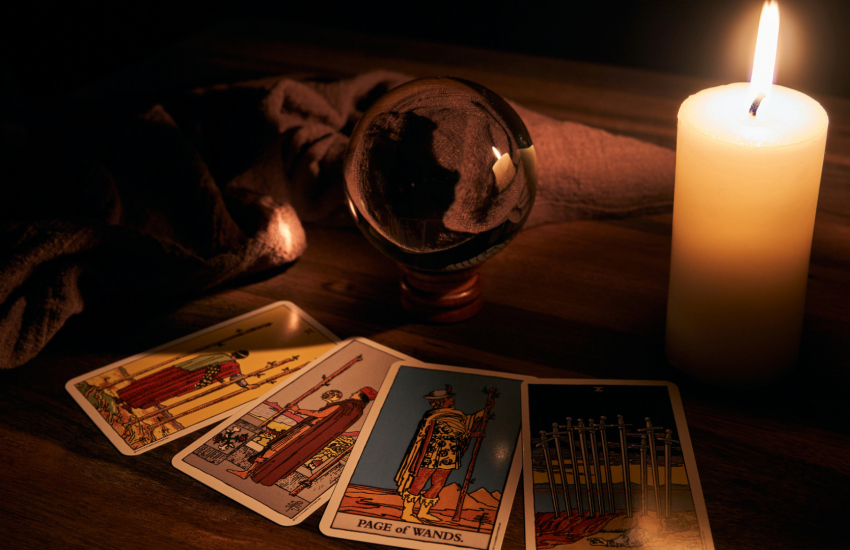A Second Look: Commands Sweet as Syrup
3rd Sunday of Lent (B)
click here for readings
NOTE: In parishes where the First Scrutiny is being celebrated in preparation for the baptism of catechumens on Easter, the readings from Year A are used.
We don’t like being told what to do. I think that’s true of most of us. The reasons behind that are many. It is no doubt partly due to the American virtues of self-reliance and self-direction. We like to be independent. It hearkens to our nation’s founding. A healthy distrust of authority is part of our American DNA. We identify with the rebel and the underdog.
Many of us think “obedience” is something of a bad word. We think it a virtue in pets or small children, but a sign of weakness in adults. We think “freedom” means getting to do things our own way.
This isn’t just because of our American love for independence. It’s because of ego. We like to think we know what is best for ourselves. We want to direct our own lives and resent anyone telling us that we might be doing something wrong.
But at the same time, we recognize times and situations when obedience is good and necessary. If you are playing a game with friends, everyone needs to obey the rules or else the game won’t function. We don’t have the “freedom” to not follow the rules — not if we want to stay in the game. If you are operating a piece of heavy machinery, we need to obey the operating instructions for the machine to work the way it should. Doing things “my way” might lead to injury or death when the machine malfunctions. If your doctor says you can’t eat certain foods on the medication you have been prescribed, refusal to obey the doctor’s orders will only make you sick.
In each of these cases, we are happy to obey because we recognize the authority behind the commands. The creator of the game knows how it is meant to be played. The designer of the machine knows how it is meant to operate safely. The doctor knows how certain foods will react with the medicine and the effect that will have on your health.
In each case, obeying doesn’t curtail our freedom, but actually expands it. Because I obey the rules of the game, I am free to play it with my friends. Because I obey the operating instructions of the machine, I am free to use it safely and effectively to get the job done. Because I obey the instructions of my doctor, my health improves and I am more free to live and enjoy life.
Imagine if life were a game that came with a rule book. Imagine if you were a piece of machinery that had an operator’s manual. Would knowing the rules and following the instructions for life make you less free? Or would it in fact make you more free because you’d be living life the way it was meant to be lived?
We are much more than a game or piece of machinery. But we do have a designer. And He does give us instructions. God, the Author of human life, has in fact given us instructions on how to best be a human being. The major points are encapsulated in the Ten Commandments, which our first reading this Sunday recount for us, and they are expanded upon in the teachings of Jesus.
Are God’s laws restrictive? Yes, they are. There are things that Christians cannot do because they are contrary to God’s law. But they are restrictive in the same way that a fence around a playground is restrictive. The fence is there to prevent the children from running out into the road. It keeps them safe and free to enjoy the playground. So following the commandments keeps us safe and free to flourish in life.
This is why we should receive God’s commands not as an imposition, but a blessing. We should receive them with the joy expressed by the psalmist who says, “The precepts of the Lord are right, rejoicing the heart; the command of the Lord is clear, enlightening the eye.”
God’s law is there to help up see both reality and ourselves as we truly are. His commands enable us to live according to that truth. This is why the psalmist says God’s commands are “more precious than gold, than a heap of purest gold.” What can be more valuable than instructions for life from the author of life?
But they are more than valuable. God’s commands are also beautiful. And though we may at times struggle to follow them, they will ultimately guide us a pleasure more lasting than any pleasure on earth–our salvation. And so the psalmist rightly calls them, “sweeter also than syrup or honey from the comb.” St. Robert Bellarmine, in a commentary on this Psalm, writes, “the observance of God’s law is of more service, and confers greater happiness than any amount of wealth or worldly pleasure.”
By giving us His law, God doesn’t just give us instructions. He shares His mind with us, and so gives us Himself. In a letter issued just this week by the Vatican to the world’s bishops (Placuit Deo: on Certain Aspects of Christian Salvation), the Congregation for the Doctrine of the Faith writes, “[Jesus] did not limit Himself to showing us the way to encounter God, a path we can walk on our own by being obedient to His words and by imitating His example. Rather, Christ opens for us the door of freedom, and becomes, Himself, the way.”



